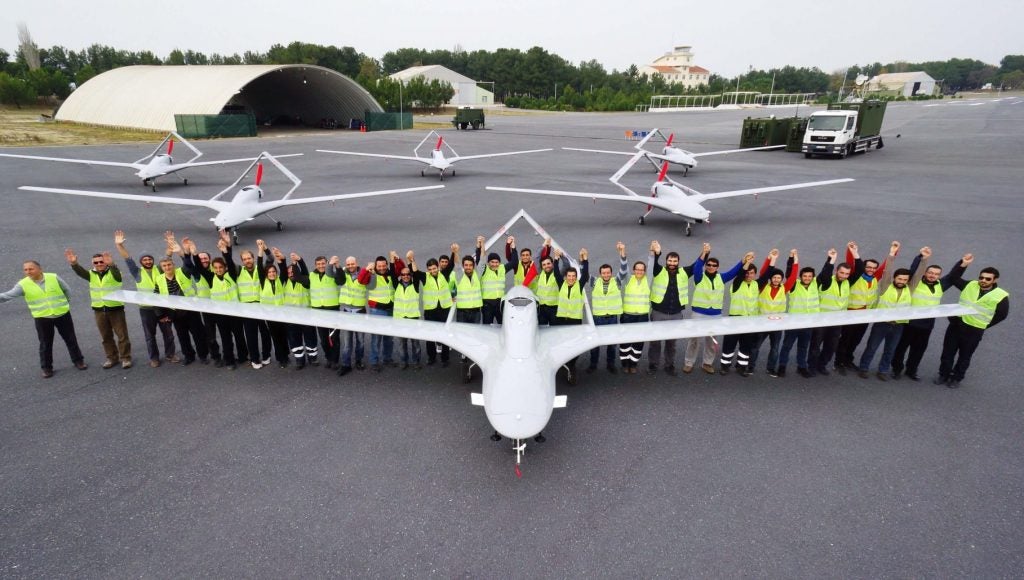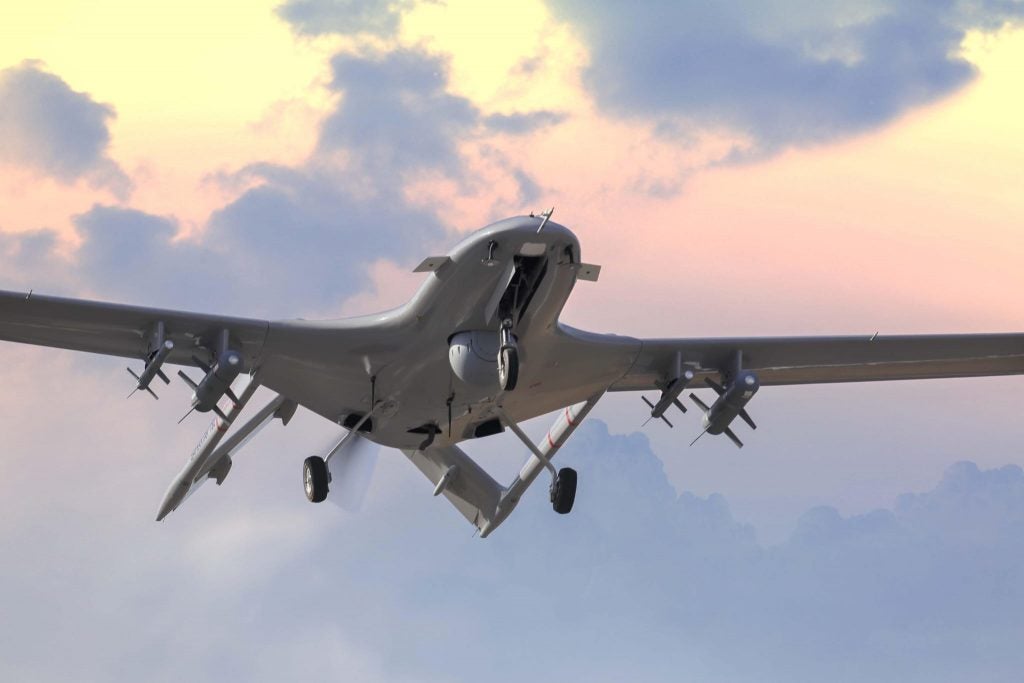Kuwait Becomes the 28th Country to Purchase Bayraktar TB2s
Bayraktar TB2, developed by Turkish drone manufacturer Baykar, has achieved yet another export success. On January 18, the company announced the signing of a $370 million contract with the Kuwaiti Ministry of Defense for the export of Bayraktar TB2s. The company’s statement did not include information about how many Bayraktar TB2s Kuwait purchased or when these drones will be delivered. However, a source close to the agreement told Middle East Eye that Kuwait will receive 18 Bayraktar TB2s as part of the deal.
The tender for the procurement of unmanned aerial vehicles for Kuwait has been ongoing since July 2019, according to Baykar. According to the Turkish company, Bayraktar TB2 outperformed American, European, and Chinese companies in this process and won the Kuwait UAV project. Baykar stated that the Bayraktar TB2 was the winner of this competitive process, as the vehicle demonstrated significant success during its demo flight in Kuwait in July 2019. By flying for 27 hours and 3 minutes in difficult geographical and climatic conditions such as high temperatures and sandstorms during its flight in Kuwait, Bayraktar TB2 broke its own record for the longest time spent in the air and achieved a first for Turkish aviation.
With this contract, Kuwait became the Gulf region’s second known customer of Bayraktar TB2 after Qatar. Another gulf country, the United Arab Emirates (UAE), ordered Bayraktar TB2s in September of last year, according to social media. Later, Reuters reported that Turkey had delivered 20 Bayraktar TB2s to the UAE, citing two Turkish sources close to the matter. However, this and other similar reports have yet to be officially confirmed.

Bayraktar TB2 is now used by 28 countries, including NATO ally Poland. While 19 of these countries announced publicly that they had purchased TB2s, the names of the remaining 9 are unknown. Saudi Arabia, Kazakhstan, Bosnia and Herzegovina, Kosovo, Hungary, Latvia, Lithuania, El Salvador, Serbia, Slovakia, Malaysia, and Indonesia are among the potential buyers. There’s also the possibility that an unspecified number of exports were made to some of these countries.

